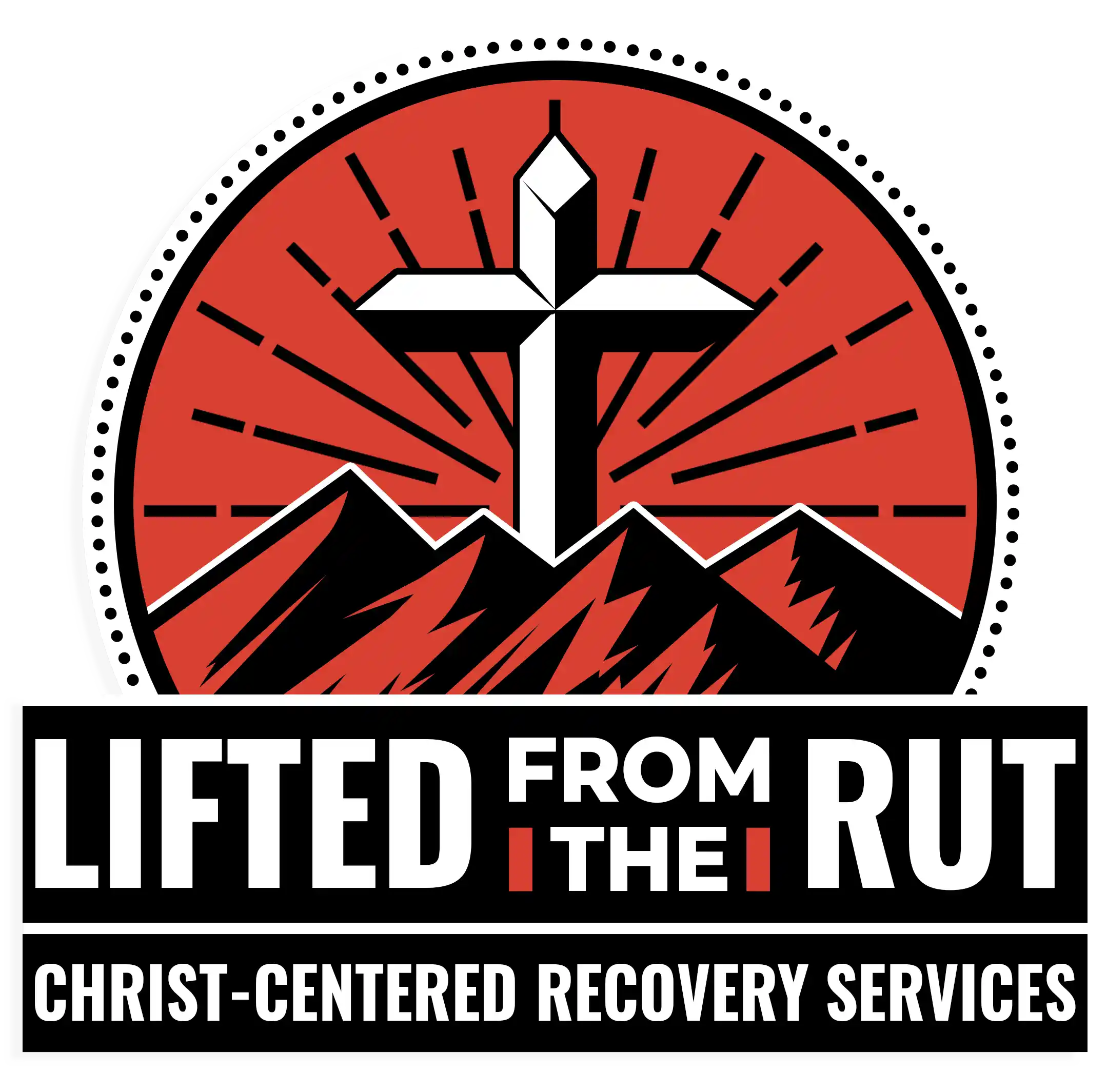Addressing a loved one’s struggle with alcoholism requires more than courage – it calls for compassion, clarity, and a deep commitment to their well-being. An intervention is not about control or confrontation. It’s an act of care, rooted in the hope that change is possible and that healing can begin even in broken places.
This article will explore how to approach an intervention with an alcoholic in a thoughtful and constructive way. It outlines how to recognize signs of alcohol use disorder, understand the purpose of an intervention, prepare the right team, and communicate effectively. It will also discuss how to manage emotional reactions and support recovery in the days that follow.
Recognizing Signs of Alcohol Use Disorder
Before considering an intervention, it is essential to identify whether the individual shows signs of alcohol use disorder (AUD). These signs include an inability to control drinking, neglecting responsibilities, withdrawal symptoms when not drinking, and continued use despite negative consequences. Physical indicators like frequent intoxication, health problems, or changes in appearance may also signal a problem. Recognizing these signs ensures the intervention is grounded in observable behaviors rather than assumptions, allowing the team to approach the situation with accuracy and care.
Understanding the Purpose of an Intervention
An intervention isn’t about blaming or forcing compliance. Its deeper purpose is to reach a person in pain with honesty and love. The goal is to help them recognize the impact of their behavior and create a path toward healing. When done well, an intervention becomes an expression of both truth and care, two forces that, together, can bring someone back from a place of harm.
For many, this reflects a broader calling to restore rather than condemn. Speaking with love, especially when the truth is hard to hear, can be one of the most powerful expressions of care. If you’re considering this step for someone you love, our intervention service in Littleton, Colorado is here to help guide the process with compassion and clarity.
Preparing for the Intervention
Effective preparation starts with understanding the individual’s struggles and the role addiction plays in their life. It also includes preparing your own mindset. Take time to reflect, seek perspective, and enter the conversation with empathy and clarity. For those who lean on faith, this can be a time to pray for wisdom, strength, and a heart guided by compassion rather than frustration.
Preparation also involves gathering facts about the person’s drinking patterns, researching addiction, and identifying treatment options. Consulting a counselor or addiction specialist can help shape a strategy. Everyone involved should be aligned on the purpose of the intervention and speak from a place of shared concern.

Who Should Be Included in the Intervention Team?
The group should include individuals who share a close, trusting relationship with the alcoholic and who can communicate calmly and supportively. Each member must commit to avoiding blame and instead express concern based on personal experiences. Professional interventionists can provide structure, mediate difficult moments, and offer expertise on addiction, making their involvement valuable in complex situations. In some cases, involving a trusted mentor or spiritual leader may offer additional support.
Choosing the Right Setting and Timing
The intervention environment should be private and free from distractions. A calm setting helps maintain focus and encourages honest dialogue. Timing is equally important; the intervention should occur when the alcoholic is sober and not under the influence. Selecting a moment when the person is relatively stable reduces the risk of the confrontation escalating and increases receptiveness to the conversation. Being intentional about place and time reflects the care behind the effort.
What to Say and What Not to Say During the Intervention
Team members should use specific examples of how the individual’s drinking has affected their lives, emphasizing feelings of concern and love rather than accusations. Phrases that imply blame or judgment often lead to defensiveness and withdrawal. Instead, statements should focus on personal observations and the desire to support recovery. Listening is also vital; allowing the alcoholic to express their feelings without interruption fosters openness. Speaking the truth in love calmly, clearly, and with compassion can help preserve trust even in difficult conversations.
Handling Resistance and Emotional Responses
Resistance is common in interventions, often rooted in denial, fear, or shame. Responding with steady compassion can help defuse tension and keep the conversation grounded. Staying calm doesn’t mean avoiding the truth, but means delivering it with gentleness. In moments of anger or pushback, choosing grace over reaction can keep the door open to future change. Understanding that transformation is rarely immediate encourages patience and perseverance, both of which are essential to this process.
What Happens After the Intervention?
An intervention marks the beginning, not the end, of the recovery journey. Follow-up involves encouraging the alcoholic to engage in treatment and maintaining supportive communication. Recovery programs may include detoxification, counseling, therapy, and support groups. If the individual initially refuses help, persistence paired with continued concern remains essential.
Family and friends should also seek their sources of strength and support to remain steady through what can be a long and emotional process. For many, this includes leaning on faith, drawing encouragement from prayer, or staying connected to a spiritual community that offers hope and accountability. Ongoing care from a committed circle of support, whether friends, family, or church, helps reinforce healing, reminding everyone involved that restoration is possible, even when progress is slow.
Final Thoughts from Lifted From The Rut
An intervention can open the door to healing, but lasting recovery requires ongoing support. At Lifted From The Rut, our faith-based outpatient program in Littleton, Colorado, offers structured, evidence-based care for those ready to take that next step. We help individuals stay engaged in daily life while addressing the root of addiction through clinical guidance and spiritual support. For families taking the brave step to





